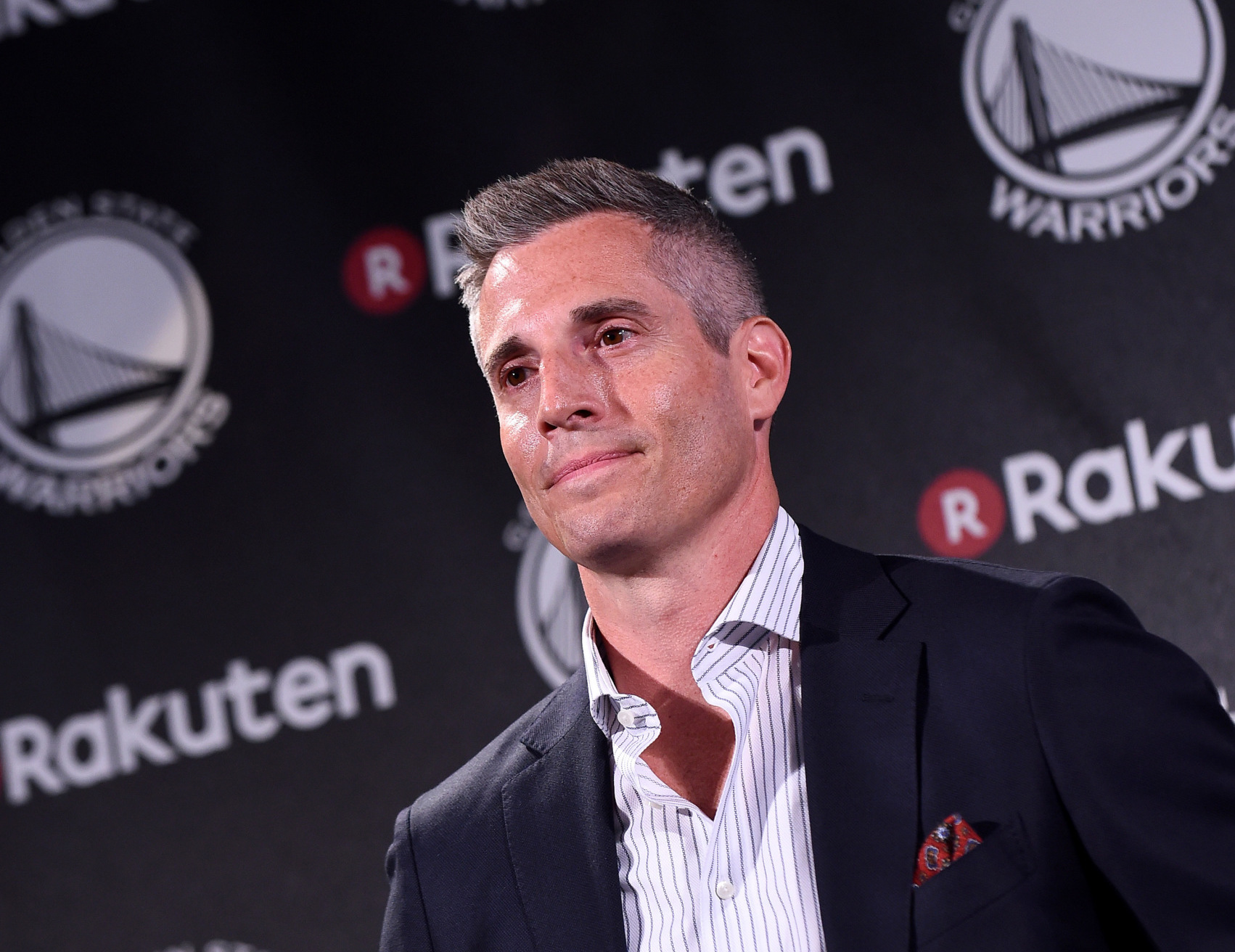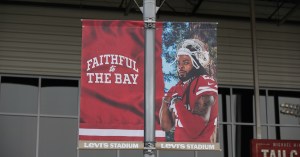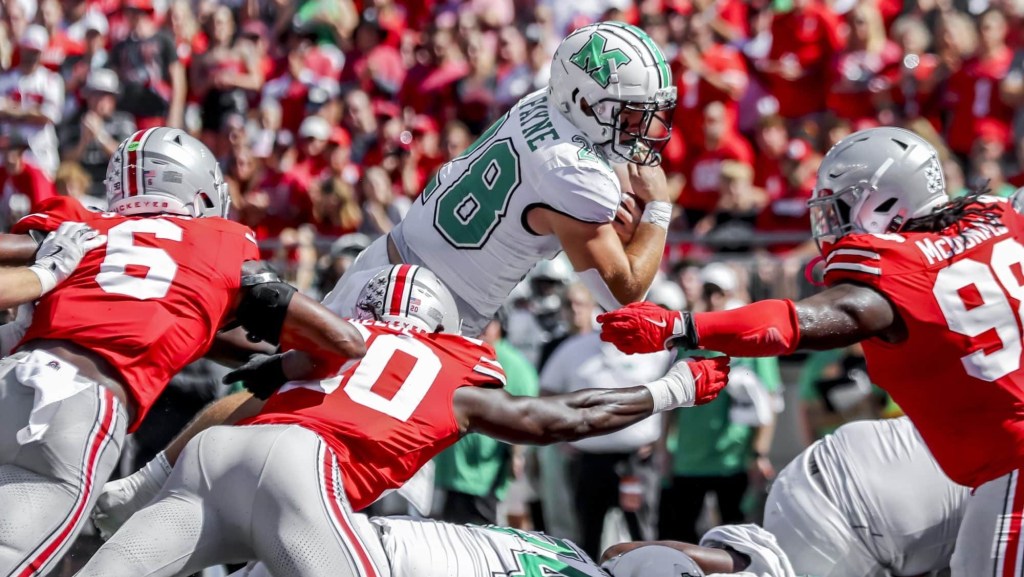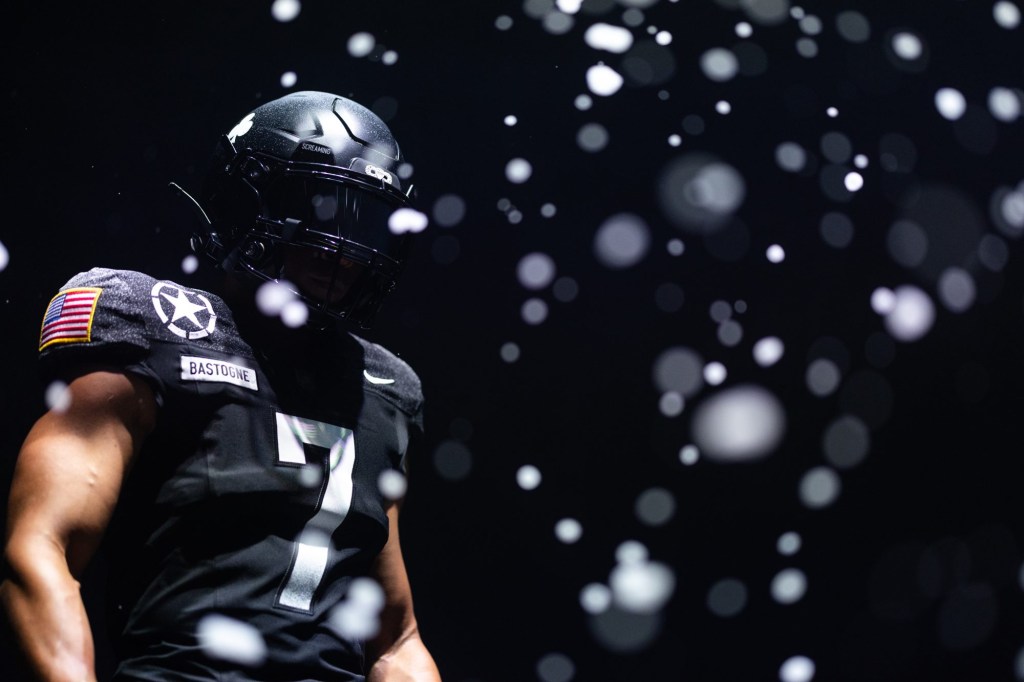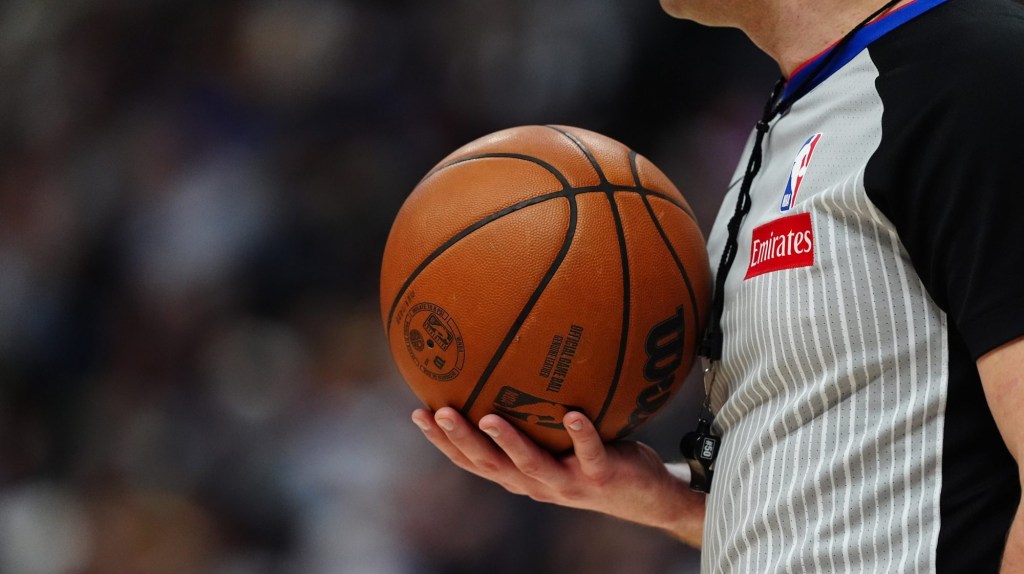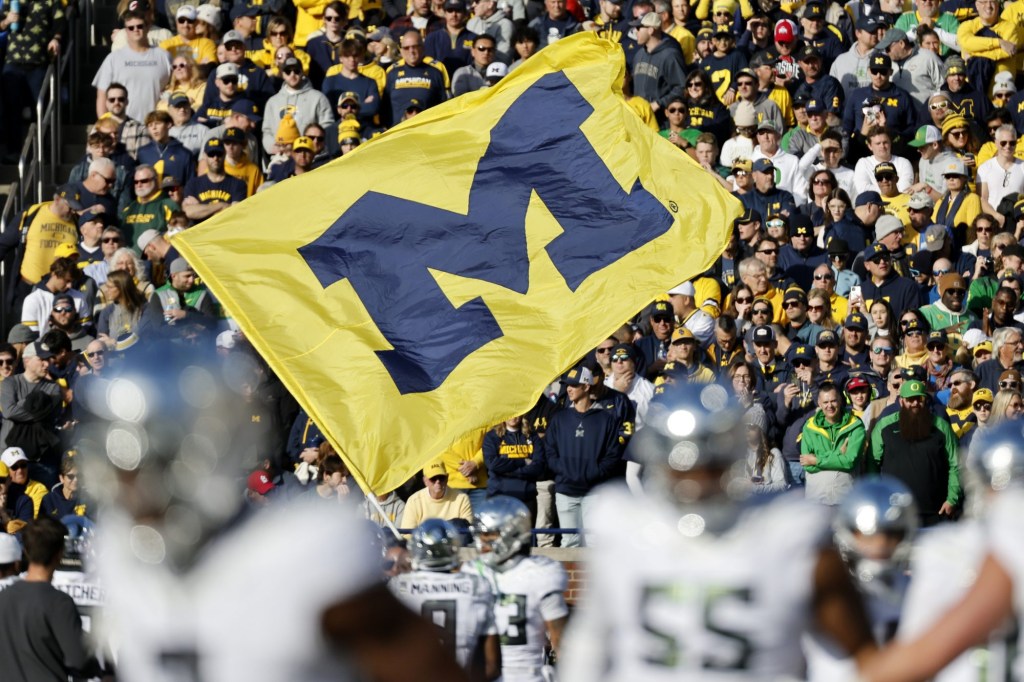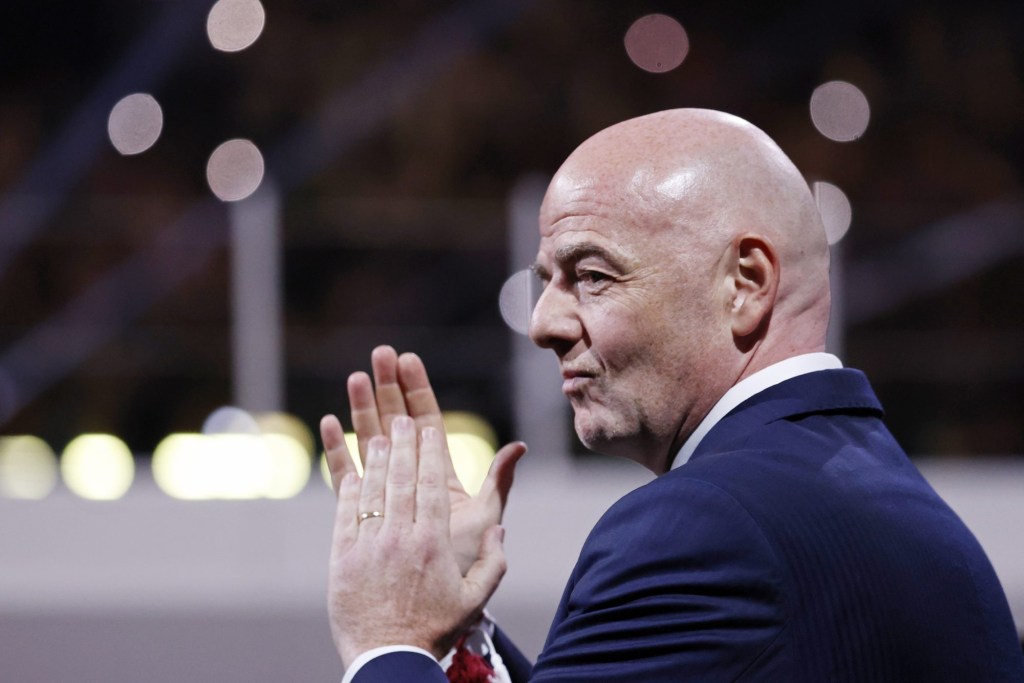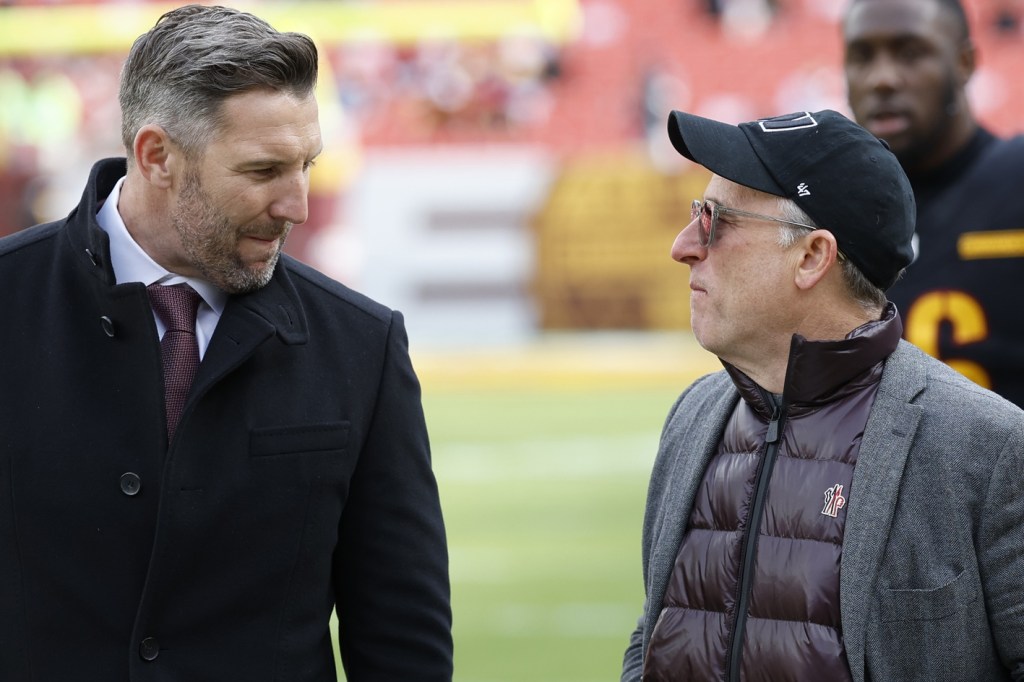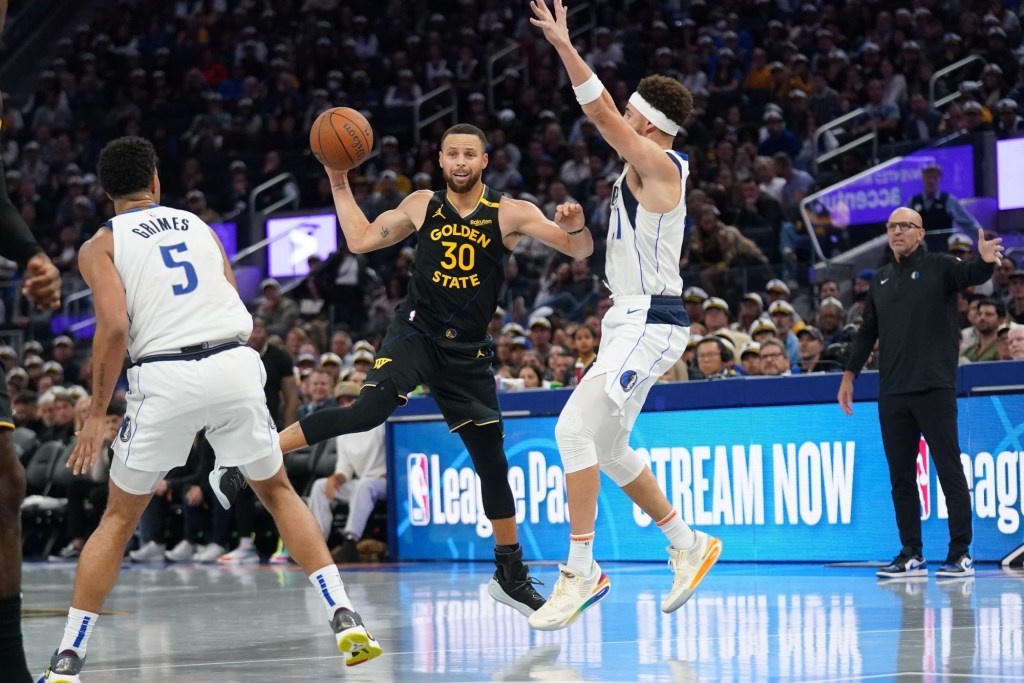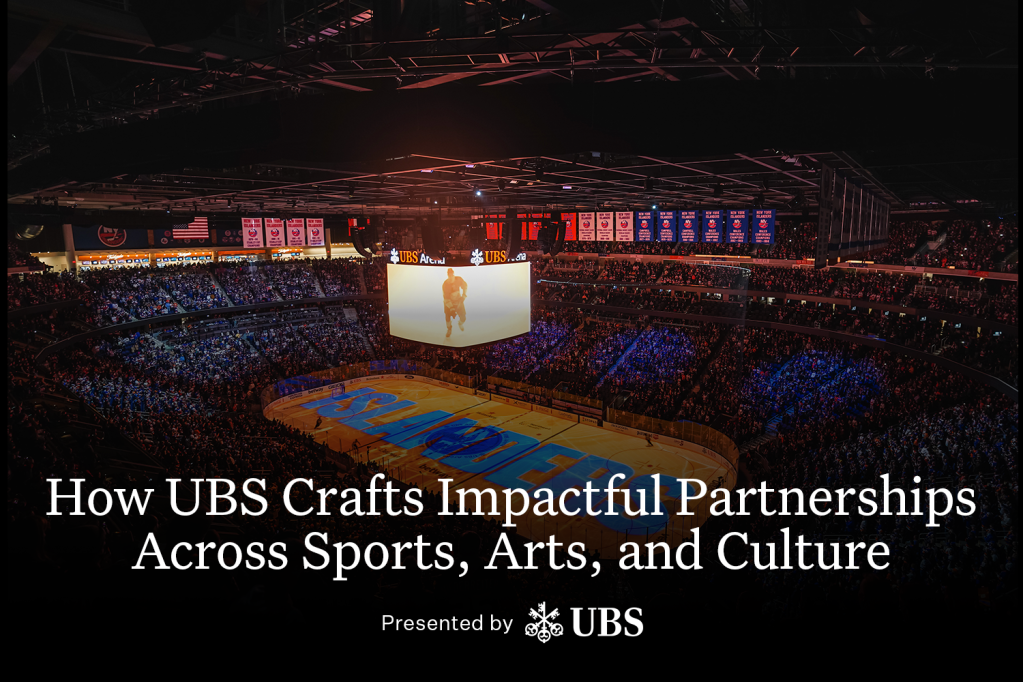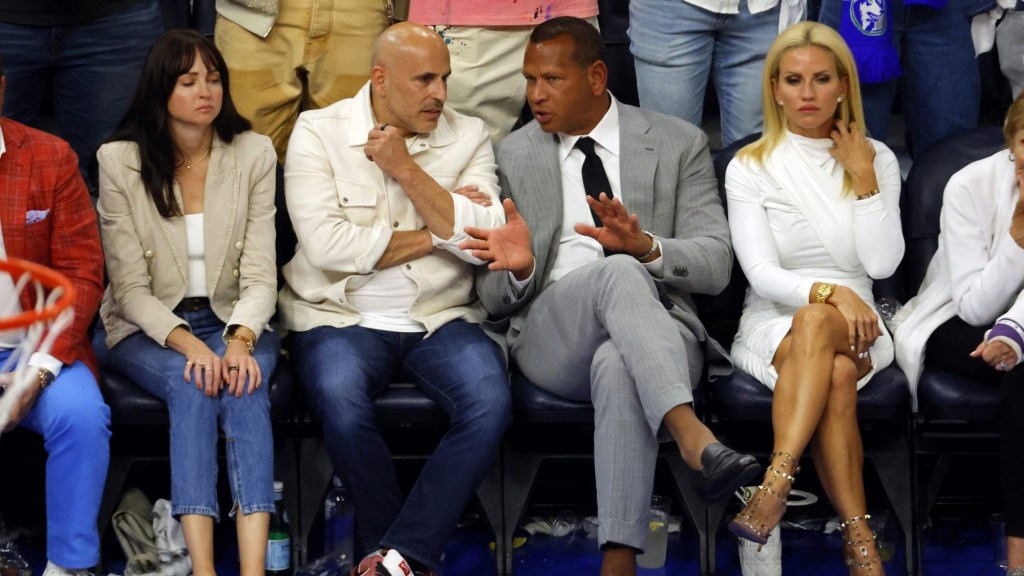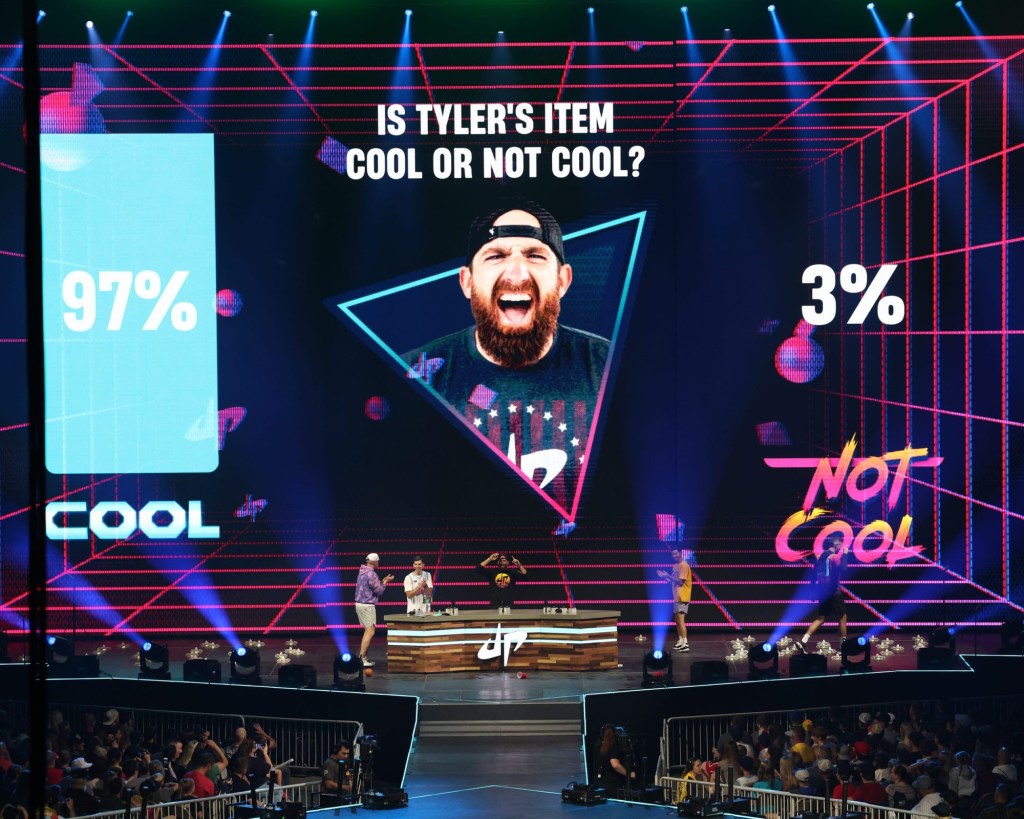With more than 25 years of experience as a sports executive at organizations like the Golden State Warriors, Orlando Magic and San Diego Padres, Chip Bowers has dealt first-hand with many of the business challenges that teams, leagues and properties face.
But now Bowers, who was mostly recently the Miami Marlins president of business operations, is stepping into a new challenge amid the massive upheaval of the sports business industry due to the coronavirus pandemic.
He will now be the president of Elevate Sports Ventures, the two-year-old sports and entertainment consulting firm that was formed as a joint venture between joint venture between the San Francisco 49ers and Harris Blitzer Sports & Entertainment. The agency now has clients ranging across sports, from the Seattle Kraken to Purdue University Athletics to Ligue 1, France’s top-teir men’s soccer league.
Bowers spoke with Front Office Sports about what he’s seeing in the industry, the challenges facing teams, and where he sees potential growth amid the uncertainty.
Responses have been lightly edited for clarity.
Front Office Sports: At a 30,000-foot-view level, what do you see as the fundamental challenges and opportunities facing teams, leagues and other properties?
Chip Bowers: This is a significant moment in time for teams, brands, venues and sports properties — a period when thoughtful, analytics-driven business planning and strategic forecasting will be the difference-maker for sports and live entertainment-based businesses. How are international brands and teams positioning their IP in the global marketplace? How are they telling their story? What new consumer engagement habits are driving fan decision-making?
FOS: You’ve secured several large partnerships & naming rights deals in your career — significant sponsorship and naming rights agreements for the Chase Center, for example. how does the market for those types of deals look right now?
CB: To start, partnerships, of any size, should be built through a creative and collaborative process that inspires brands, teams and fans alike. Entry-level partnerships and naming rights deals share common DNA if crafted in a thoughtful and strategic fashion. Coming out of the pandemic, I see even greater interest in brands telling their story by owning platforms that bring them closer to the core interests of their targeted consumers. I’ve had the opportunity to work with brands with truly inspired, global visions. At Elevate, we have the people, technology and creativity to create and deliver platforms that speak to the global ambition of brands today. Partnerships continue to be about enhancing the brand image, consistent & meaningful engagement, and connecting with fans on an ever-evolving scale.
FOS: What drew you to this opportunity?
CB: My decision to join Elevate was focused primarily on five key traits that I believe define the organization; 1) the people, 2) their culture, 3) their tremendous reputation in the industry, 4) their alignment and a universally shared vision for the future, and 5) the unwavering support of our equity partners. I’ve watched this young agency with admiration over the past two years; the caliber of their clients, the thoughtful client project make-up, Al’s perspective on innovation with purpose and insights that truly drive revenue — it has been clear to me that this was an agency destined for great things. Whether in conversations with Al or Elevate’s board of directors, our values and vision for the industry and Elevate’s role in supporting it was completely aligned.
FOS: Are there areas or categories within sponsorship where you see significant opportunities?
CB: The innovation we’ve seen in the leagues that have returned to play and are in the process of returning is impressive; and these new assets will only expand as fans return to their favorite venues. The COVID-19 period has accelerated the reimagination of traditional brand assets as we move towards an increasingly digital world, but one in which the fan expects to be completely engaged with the product. I hope, and suspect, that we will see more brands become better storytellers with regard to the values they stand for as opposed to solely what their product delivers. There is tremendous opportunity for properties and brands to become better aligned around social issues that are affecting our communities.
FOS: There have already been tremendous shifts happening in the ways that teams, leagues, and properties were connecting with fans — do you see the pandemic hastening any of those?
CB: [Elevate Chairman and CEO] Al [Guido] and I have spoken at great length about the ways in which leagues and teams are noting and responding to changes in fan engagement habits. The benefit of working with Elevate is the connected nature of our executives and board, and the access we have to industry and consumer trends. In many ways, the COVID-19 crisis is expediting a natural progression that was already occurring around the ways fans interact with teams and brands, on a global level. Those teams and brands that are nimble, embrace the changing landscape of consumer interests, and are thoughtful about how best to monetize these new engagement habits will yield the benefit in the 2021 season and beyond; but this evaluation is part of the ideation process that our team at Elevate undertakes alongside our clients consistently.
FOS: From a venue perspective, how do you see those spaces adapting and transforming to welcome fans — both amid COVID but also as fan tendencies have changed?
CB: Over the course of my career I’ve been fortunate enough to be in a leadership role with teams that are charged with imagining and developing the ideal fan experience as part of their venue design exercise; and those venue management teams and franchises who are committed and earnest in appreciation for fan behavioral insights and preferences are the ones that will succeed. The team and processes we’ve developed at Elevate to collect, evaluate and strategize venue operations using fan-driven data points is truly impressive and one that can have incredible impact in any organization and venue — from the college to professional ranks. Certainly, the emphasis in venue operations today should be on fan safety and solutions that involve people, processes and technology. Those fan-facing initiatives we once instituted in our venues to expedite a smooth customer experience are now doubling as safety procedures. Customer service becomes customer care; and the most effective way to do this is by the use of smart, fan-driven data.
